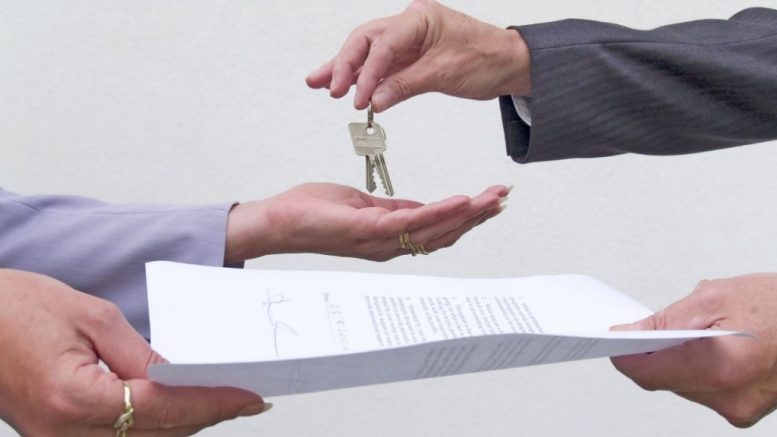The majority of landlords work hard to provide a decent standard of accommodation for their tenants. This involves the expense of annual gas safety checks, energy performance certificates, ensuring that the property has the requirements laid down in the HHSRS regulations and that they will conduct the tenancy as the law specifies.
But there appears to be a way of getting around the regulations and that can only be harmful for tenants and for the landlords who are proud of the good reputations they have earned. What started as a way of homeowners earning a little extra has turned into a means of circumventing what is the norm.
Airbnb was intended for short-term holiday lettings but is turning into a way of landlords (and that is what they are) avoiding the legal responsibilities of private sector letting by advertising it as a holiday let. Research by the Landlord Knowledges Association (RLA), found 65% of all properties listed on Airbnb in London are for lets of 90 days or more. The legal limit for a short-term let is for 90 days or less in a year, so these advertisements are breaking the law.
Nearly 7,000 of those registered are multi-listings, showing hosts have more than one property on the site, with 78% being available for longer than 90 days per year. This does not sound like someone utilising a spare room to make some money, or letting it for a holiday period. This sounds like a landlord with a portfolio of properties.
People unaware of the law will be unable to take issue with the landlord, and may not be aware they do not have a legal tenancy agreement, will almost certainly be unaware of the procedure to evict them and will accept what they are told – that they have to leave, probably with far less notice than they are entitled to under a tenancy. Deposits will not be protected and there is no recourse should the landlord refuse to return the deposit. Perhaps of most concern is the thought – Is this opportunistic landlord aware of the modern health and safety standards?
The other side, of course, is the tenant who decides to sub-let rooms through Airbnb. Of course they do not tell their landlord, who may be concerned about unreasonable wear and tear and been unable to reference the person sub-let to. This invalidates the buildings insurance which, in the event of a fire, would cost the landlord, not the tenant or the sub-letter. Once the landlord discovers the situation, the sub-letter could be removed immediately, as he has no agreement with the landlord. The tenant faces eviction and the landlord, provided his property has not burned down, has the expense of restoring the property to a lettable standard and advertising for a new tenant.
There is another problem with sub-letting by the tenant, and that is the ‘Right to Rent’. Landlords have been required from 1st February 2016 to check the residency status of all applicants for a property. Penalties are heavy and, though it appears it should be the tenant who sub-lets who should be penalized for failing to ensure that he had the right to rent, it is the landlord that will face a large fine and possible imprisonment for repeat offences.
Calls have been made to Government to take steps to ensure that tenants are taking safe, legal and secure accommodation, which renting on Airbnb does not guarantee. Support to the decent landlords is also needed, as illegal sub-letting could put the whole sector at risk.
For advice on buy to let issues – General Knowledge








Be the first to comment on "Landlords On The Cheap"